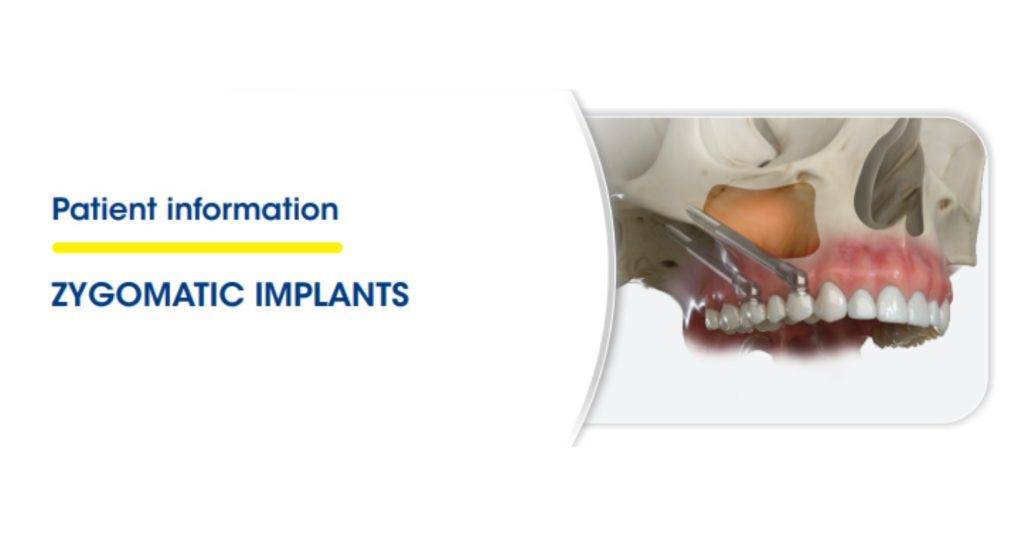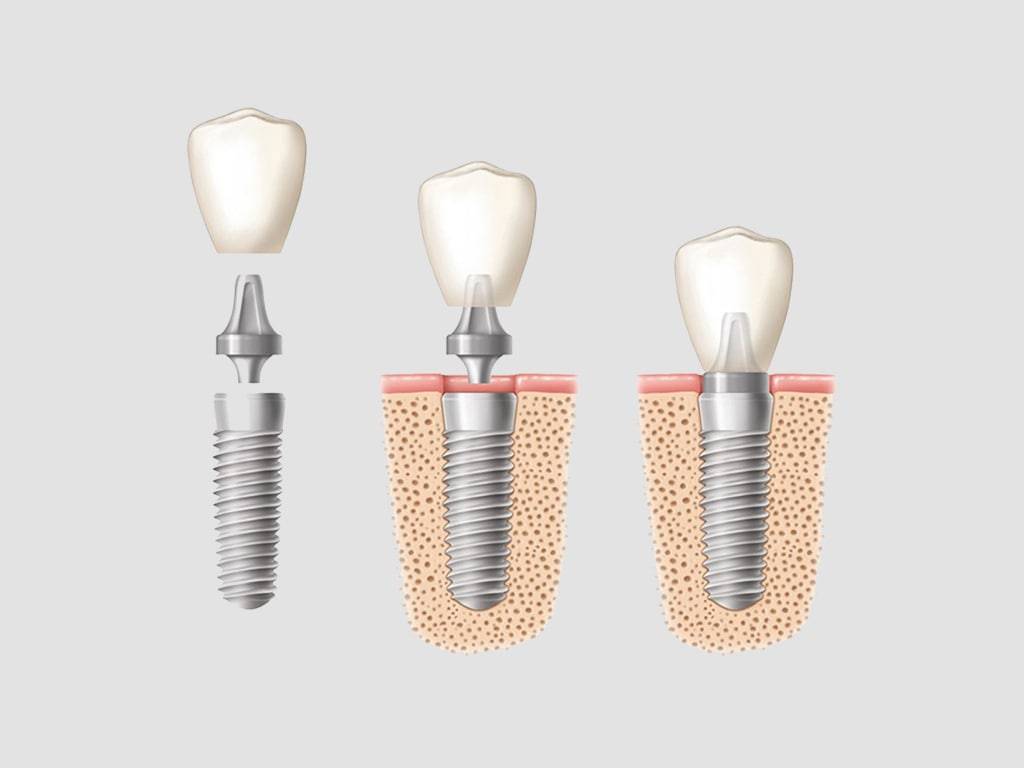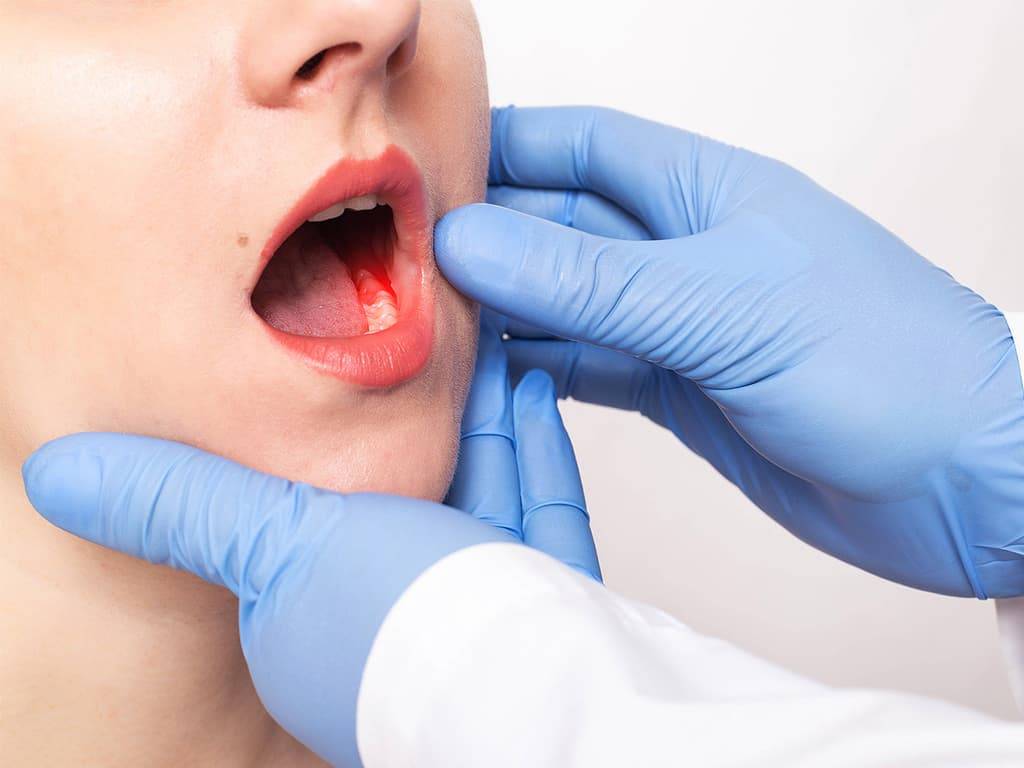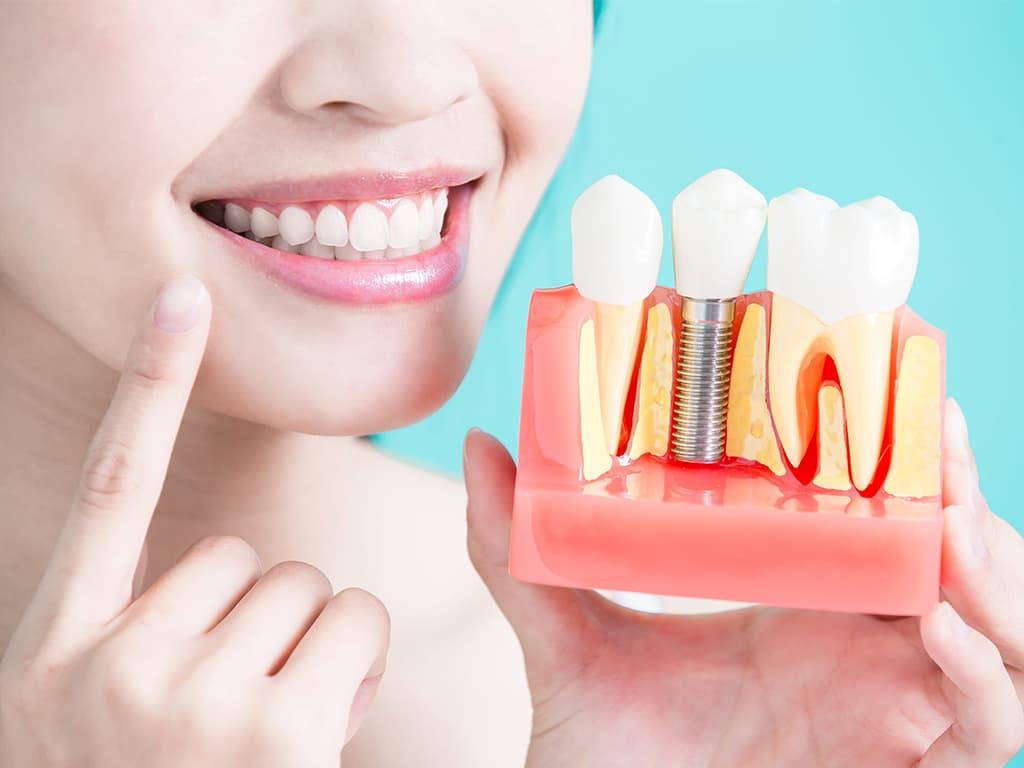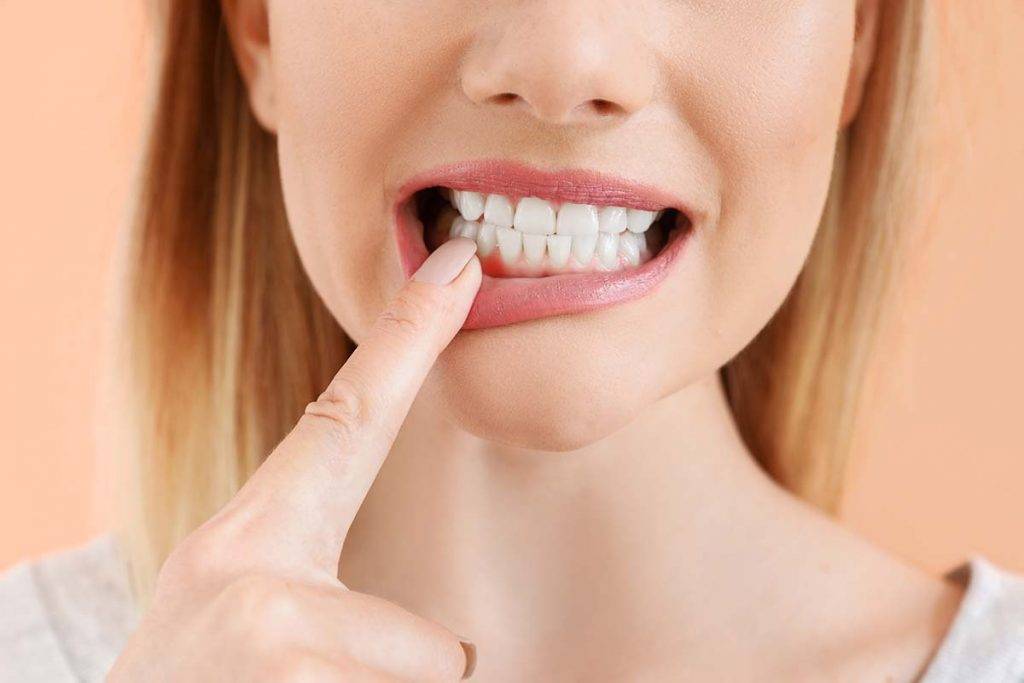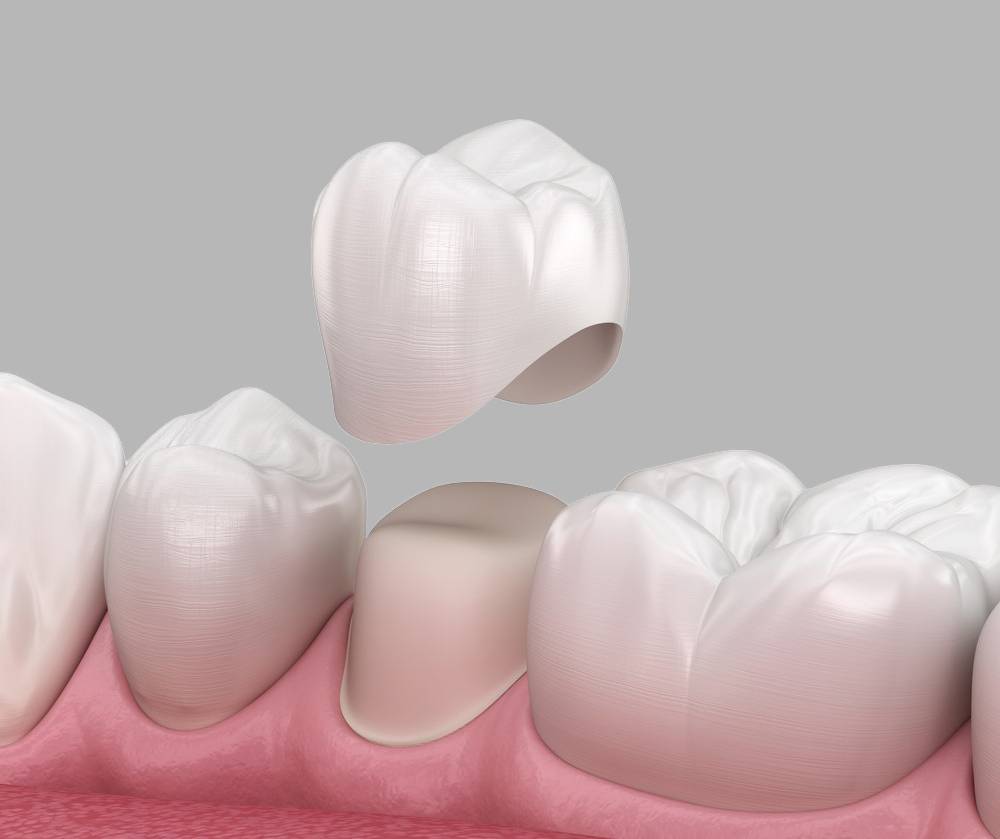- Services
-
Consultation
and records -
Aesthetic
services -
Oral and
maxillofacial -
Other dental
services -
Airway
services
-
- Dental Implants
- Doctors
- Zygomatic Implants
- Success Stories
- About Us
- Process
- Guarantee
- Zaga Case
- History
- Rolls Royce Service
- Blog
- Contact Us
Book Now
Kindly fill this form and one of our team members will call you to book your appointment in Dubai.
- 01
- 02
- 03
Why implants are the best alternative to natural teeth?
January 6, 2021, 5:53 am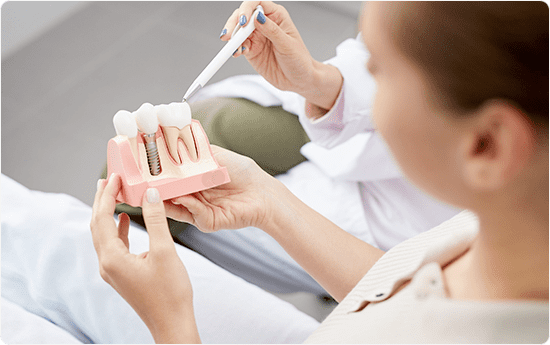
RECENT POSTS
-
Everything You Need to Know About Zygomatic Implants
November 14, 2022, 9:34 am -
9 Ways to Maintain Your Oral Health During Ramadan
April 25, 2021, 9:30 am -
9 Conditions that Require Dental Implants
April 15, 2021, 9:25 am -
8 Ways to Stay Protected Against Gum Diseases
April 8, 2021, 9:22 am
When you consider that over a third of people between 65 and 74 years of age have no natural teeth – and hundreds of millions around the world of all ages are missing at least one tooth – the popularity of tooth replacement is unsurprising. There is a real need here.
But why are implants, in particular, the best way to satisfy this demand, rather than say dentures or bridges?
First and foremost, implants are the most aesthetically pleasing replacement for real teeth. Solid and secure, dental implants look, feel and function just like your natural teeth – and in most cases are completely indistinguishable. Also, as implants are fused directly to the jawbone, they don’t loosen, slip or wobble, and so offer far greater structural support for the mouth than dentures or bridges.
Implants don’t just help to solve the problem of missing teeth either, they also work to prevent further tooth loss. This is, in part, down to the way implants transmit chewing forces around the mouth equally – just like our natural teeth – eliminating pressure points, sore spots and additional stress on the remaining teeth.
Nor are the benefits of implants only confined to within the mouth. They also stimulate the jawbone, again, much like natural teeth, which prevents resorption and helps to maintain the overall structure of the face.
As you can tell, I could sing the praises of dental implants all day. And I will continue to do so by highlighting in the next sections why other solutions to tooth loss just don’t measure up.
The dentures option
Put simply, dentures are prosthetic devices that are placed in the mouth to replicate and replace missing teeth. Unlike implants, which are fused to the bone, dentures are supported by the surrounding tissues of the oral cavity and are secured by clasps which attach to nearby teeth.
One positive is that a removable partial denture can be moulded to the mouth in order to replace several missing teeth at once with minimal tooth preparation – sometimes none at all. However, fitting of dentures can take some time and involve many visits to the dentist – for impressions, bite registrations and “try out” procedures – before the prosthesis can finally be fitted.
The unique characteristic of dentures in comparison to implants and bridges (which we will come to later) is that they are removable. While some consider this a slight advantage in terms of cleaning, this semi-permanence makes them prone to shifting in the mouth, which can aggravate the gums and cause problems with speech and mastication. There’s also the issue of longevity, the average life span of a well-looked after denture is five-to-seven years, and as they do not stimulate the jawbone like implants, they can become ill-fitting over time as the gums resorb.
The real nail in the coffin for dentures however is the strain they place on your remaining teeth. The clasps which hold the denture in place put the adjacent teeth under unnecessary pressure, causing them to abrade and even loosen. As if that doesn’t sound bad enough, dentures can also accelerate the resorption process by placing uneven pressure on the gums and providing no stimulation to the jawbone. This causes a loss of facial structure and means dentures have to be re-fit regularly.
The bridges option
Dental bridges are named so because they literally bridge the gap created by one or more missing teeth – staying in place by affixing to neighbouring healthy teeth with wings or crowns. Unlike dentures, which can be removed, bridges are cemented into the mouth and can stay in place for over 10 years. However, while your new artificial tooth may shine bright for over a decade, those surrounding it can pay a heavy price.
In order to attach a bridge, the healthy teeth on either side of the gap it is intended to plug must be filed down into peg-like shapes so new crowns can be fitted. So, in effect, in order to replace a missing tooth, you are intentionally causing damage to two more healthy specimens – making them weaker and more prone to decay. As a result of supporting their new neighbour, the adjoining teeth can eventually loosen, unable to cope with the excessive strain they have been placed under.
Dental bridges have been known to take their toll beyond the tooth too, as 15% of teeth that are prepared for a full crown as part of a bridge sustain nerve damage that can then require root canal treatment.
Finally, just like dentures, bridges do not stimulate the jawbone, leading to bone loss that can eventually cause the gums and bone above the replacement tooth to collapse – which, let’s face it, undermines the whole reason for getting a bridge in the first place.
The final word
So now that we’ve taken a look at the downsides of the alternatives, let’s wrap up with a final word on implants. Hey, there must be some negatives there too, right? In fact, no, not at all. Or, rather, not at all if you choose the right option.
What do I mean by the right option? Well, the major downside of dental implants is the time it takes to complete the process using traditional methods. Those methods require patients to wait for the gum to heal after extraction, then wait once more after the placing of the implant before having a crown fitted. The timeframe: In a best-case scenario a few months, and in a worst-case scenario a year or more.
And so the “right option” has changed the game. Thanks to major advancements in implant technology, same day implant procedures, although very rare in this part of the world (SameDay Dental Implants in Dubai is the clinic in the Middle East with this offering), are now a reality.
By utilising all available bone in order to achieve the necessary stability for immediate loading of an implant – and in many cases avoiding the invasive bone grafting and augmentation procedures – what once took up to a year can now literally be achieved in just a single day.
So while dentures and bridges and traditional implant methods may not quite yet be the treatments of the past, same day dental implants are most certainly the treatment of the future, solving the issue of tooth loss conveniently and to the highest standard.
Related Info
Why implants are the best alternative to natural teeth?
January 6, 2021, 5:53 am
When you consider that over a third of people between 65 and 74 years of age have no natural teeth – and hundreds of millions around the world of all ages are missing at least one tooth – the popularity of tooth replacement is unsurprising. There is a real need here.
But why are implants, in particular, the best way to satisfy this demand, rather than say dentures or bridges?
First and foremost, implants are the most aesthetically pleasing replacement for real teeth. Solid and secure, dental implants look, feel and function just like your natural teeth – and in most cases are completely indistinguishable. Also, as implants are fused directly to the jawbone, they don’t loosen, slip or wobble, and so offer far greater structural support for the mouth than dentures or bridges.
Implants don’t just help to solve the problem of missing teeth either, they also work to prevent further tooth loss. This is, in part, down to the way implants transmit chewing forces around the mouth equally – just like our natural teeth – eliminating pressure points, sore spots and additional stress on the remaining teeth.
Nor are the benefits of implants only confined to within the mouth. They also stimulate the jawbone, again, much like natural teeth, which prevents resorption and helps to maintain the overall structure of the face.
As you can tell, I could sing the praises of dental implants all day. And I will continue to do so by highlighting in the next sections why other solutions to tooth loss just don’t measure up.
The dentures option
Put simply, dentures are prosthetic devices that are placed in the mouth to replicate and replace missing teeth. Unlike implants, which are fused to the bone, dentures are supported by the surrounding tissues of the oral cavity and are secured by clasps which attach to nearby teeth.
One positive is that a removable partial denture can be moulded to the mouth in order to replace several missing teeth at once with minimal tooth preparation – sometimes none at all. However, fitting of dentures can take some time and involve many visits to the dentist – for impressions, bite registrations and “try out” procedures – before the prosthesis can finally be fitted.
The unique characteristic of dentures in comparison to implants and bridges (which we will come to later) is that they are removable. While some consider this a slight advantage in terms of cleaning, this semi-permanence makes them prone to shifting in the mouth, which can aggravate the gums and cause problems with speech and mastication. There’s also the issue of longevity, the average life span of a well-looked after denture is five-to-seven years, and as they do not stimulate the jawbone like implants, they can become ill-fitting over time as the gums resorb.
The real nail in the coffin for dentures however is the strain they place on your remaining teeth. The clasps which hold the denture in place put the adjacent teeth under unnecessary pressure, causing them to abrade and even loosen. As if that doesn’t sound bad enough, dentures can also accelerate the resorption process by placing uneven pressure on the gums and providing no stimulation to the jawbone. This causes a loss of facial structure and means dentures have to be re-fit regularly.
The bridges option
Dental bridges are named so because they literally bridge the gap created by one or more missing teeth – staying in place by affixing to neighbouring healthy teeth with wings or crowns. Unlike dentures, which can be removed, bridges are cemented into the mouth and can stay in place for over 10 years. However, while your new artificial tooth may shine bright for over a decade, those surrounding it can pay a heavy price.
In order to attach a bridge, the healthy teeth on either side of the gap it is intended to plug must be filed down into peg-like shapes so new crowns can be fitted. So, in effect, in order to replace a missing tooth, you are intentionally causing damage to two more healthy specimens – making them weaker and more prone to decay. As a result of supporting their new neighbour, the adjoining teeth can eventually loosen, unable to cope with the excessive strain they have been placed under.
Dental bridges have been known to take their toll beyond the tooth too, as 15% of teeth that are prepared for a full crown as part of a bridge sustain nerve damage that can then require root canal treatment.
Finally, just like dentures, bridges do not stimulate the jawbone, leading to bone loss that can eventually cause the gums and bone above the replacement tooth to collapse – which, let’s face it, undermines the whole reason for getting a bridge in the first place.
The final word
So now that we’ve taken a look at the downsides of the alternatives, let’s wrap up with a final word on implants. Hey, there must be some negatives there too, right? In fact, no, not at all. Or, rather, not at all if you choose the right option.
What do I mean by the right option? Well, the major downside of dental implants is the time it takes to complete the process using traditional methods. Those methods require patients to wait for the gum to heal after extraction, then wait once more after the placing of the implant before having a crown fitted. The timeframe: In a best-case scenario a few months, and in a worst-case scenario a year or more.
And so the “right option” has changed the game. Thanks to major advancements in implant technology, same day implant procedures, although very rare in this part of the world (SameDay Dental Implants in Dubai is the clinic in the Middle East with this offering), are now a reality.
By utilising all available bone in order to achieve the necessary stability for immediate loading of an implant – and in many cases avoiding the invasive bone grafting and augmentation procedures – what once took up to a year can now literally be achieved in just a single day.
So while dentures and bridges and traditional implant methods may not quite yet be the treatments of the past, same day dental implants are most certainly the treatment of the future, solving the issue of tooth loss conveniently and to the highest standard.
Related Info
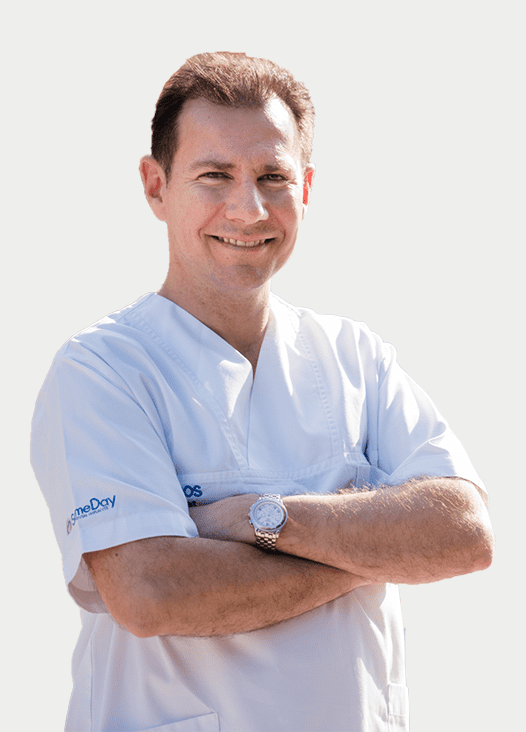
Dr.Petros
D.M.D summa cum laudeCert.Prosthodontics(TUFTS ,U.S.A)
Dr. Petros is co-director of the Branemark Osseointegration Center Dubai. He qualified as a dentist in 1995, receiving his dental degree summa cum laude from Semmelweis University in Budapest. He graduated at the top of his class and was also chosen as valedictorian. In 1998 he completed the three-year, full-time postgraduate specialist prosthodontist training at Tufts University in Boston, United States, where he was awarded the Postgraduate Prosthodontist Certificate. Since 1999 Dr.Petros has been working in private practice as a specialist prosthodontist, almost exclusively on the prosthodontic rehabilitation of dental implants. He lectures extensively on same day implants and teeth reconstruction protocols. Together with Dr. Costa(Cert. Oral & Maxillofacial Surgery), Dr. Petros is the cofounder of SameDay Dental Implants Clinic located in Building 39 in Dubai Healthcare City in the United Arab Emirates.
Dr.Petros
D.M.D summa cum laudeCert.Prosthodontics(TUFTS ,U.S.A)

Dr. Petros is co-director of the Branemark Osseointegration Center Dubai. He qualified as a dentist in 1995, receiving his dental degree summa cum laude from Semmelweis University in Budapest. He graduated at the top of his class and was also chosen as valedictorian. In 1998 he completed the three-year, full-time postgraduate specialist prosthodontist training at Tufts University in Boston, United States, where he was awarded the Postgraduate Prosthodontist Certificate. Since 1999 Dr.Petros has been working in private practice as a specialist prosthodontist, almost exclusively on the prosthodontic rehabilitation of dental implants. He lectures extensively on same day implants and teeth reconstruction protocols. Together with Dr. Costa(Cert. Oral & Maxillofacial Surgery), Dr. Petros is the cofounder of SameDay Dental Implants Clinic located in Building 39 in Dubai Healthcare City in the United Arab Emirates.
More From Sameday
Book an appointment
Due to its excellence in dental implant treatment SameDay Dental Implants Clinic has been Certified the status of Branemark Osseointegration Centre — Dubai, by Professor PI Branemark (the Swedish founder of dental implantology). There are 14 such clinics in the world. SameDay Dental Implants is the only one in the UAE and Middle East. read more
testimonials

I had severe pain and went to them for removing my wisdom tooth. The Doctor Costa was chatting with me and then he told me that tooth has been removed. I have shared this experience with everyone I met as I did not feel or know of its removal. And to top it all no after pain or anything joined work next day without any swelling. Thanks to Sameday dental implants are the most professional dentists I have come across in Dubai.


Kane Thomas
At the SameDay Dental Implants Clinic three of my teeths were extracted and I received one implant with the crown - all done by Dr.Costa. The service that I received was amazing - the knowledge, professionalism and the level of experience was at the highest level possible. I can say with ease that they will be my choice for any potential dental issues. Overall, from the beginning until the end I was actually enjoying being at the dental clinic - thank you very much.


Andraž Kosi
My wife and I have had excellent experiences with SameDay Dental Clinic. Treatment is clearly explained before being undertaken, the facilities are extremely well presented and after care support outstanding. Thank you to Dr. Costa and his team of professional dentists and nurses. Also thanks to Ms. Myra and her colleagues for their careful follow up on appointments and warm welcome upon arrival..


Nigel Woodhead
I recently underwent a zygomatic implant procedure at SameDay Dental Implants, and I can’t express how grateful I am for the exceptional care I received. Conventional implants were not an option due to my rare condition, and the prospect of extensive bone grafting seemed daunting, and the solutions given by others weren’t not desired..


Aref Sadek
Have a Question? Call us Now
Need Help? Drop us an Email
Visiting Hours:
Saturday to Thursday 8:00 AM – 8:00 PM
Location
Villa 733, Jumeirah Rd, Umm Suqeim 2, Dubai, U.A.E.
Have a Question? Call us Now
Need Help? Drop us an Email
Visiting Hours:
Saturday to Thursday 8:00 AM – 8:00 PM
Location
Villa 733, Jumeirah Rd, Umm Suqeim 2, Dubai, U.A.E.

